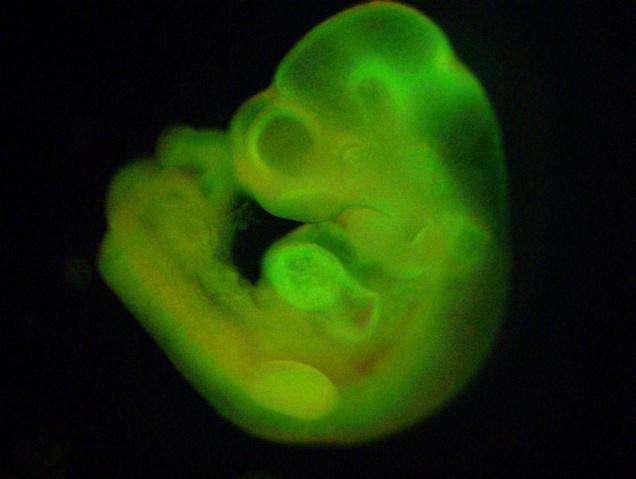Unable to Prove Claims, “Acid Bath” Stem Cell Researcher Tenders Resignation
 A young scientist from Harvard University and the Riken Institute, who claimed to make extraordinary stem cells from ordinary cells with acid, has failed to repeat her work.
A young scientist from Harvard University and the Riken Institute, who claimed to make extraordinary stem cells from ordinary cells with acid, has failed to repeat her work.
Other Riken researchers have also failed. As a result, Riken has “decided to stop the experiments as they were not able to reproduce her findings,” Riken spokewoman Jens Wilkinson told Bioscience Technology.
Furthermore, Obokata, who rocketed to fame this past January after lead-authoring two papers on the unusual cells in Nature, “submitted a letter stating her intention to resign her position,” Wilkinson said.
A year-long ordeal
STAP (Stimulus Triggered Acquisition of Pluripotentcy) stem cells were supposedly pluripotent cells made from adult cells by the mere addition of acid. The two Obokata Nature papers describing this phenomenon have ended up as the fourth, and 19th, most shared papers of 2014 among news and social media worldwide, according to Altmetric.
One of the papers was cited by 2,554 tweeters.
But the reason for the outsized attention turned out to be controversy, not merit. After scientist-bloggers globally descended on the papers, finding numerous flaws with them, a Riken Center for Developmental Biology (CDB) investigation ensued, and eventually accused Obokata of scientific misconduct.
This summer, all the papers’ co-authors requested retraction, and Nature complied. The controversy reportedly prompted the suicide of a prominent, and widely beloved, co-author on the paper, Riken CDB deputy director Yoshiki Sasai. He was not found to have committed misconduct. He was simply chastised by an investigating committee for not having supervised Obokata more closely. But global media and social media coverage of the event was too raucous, and relentless, according to family comments made in the media.
Obokata protested innocence for months
Obokata had continued to claim for months that her work was real. So Riken had established a team led by respected Riken stem cell researcher Hitoshi Niwa to try and replicate her work. Starting in July, the institute also allowed Obokata to try and replicate the work, under close supervision.
But over the last few weeks, all work has shut down. On December 19, Riken officials held a press conference announcing the end of replication efforts, Wilkinson confirmed to Bioscience Technology.
Many problems
Many stem cell researchers have speculated that one problem involved the fact that STAP cells were genetically manipulated to glow green when turning pluripotent. Dying cells can also glow green. As the stress of acid can kill cells, this may have confused members of Obokata’s team.
But there were other problems. Back-up studies conducted for the research, to “prove” the cells were pluripotent, were inappropriately manipulated by Obokata, according to Riken investigatory teams. Further investigations revealed that even Obokata’s PhD thesis contained some 100 pages that were lifted from other sources.
Riken is a world-class institute, known globally for its stem cell work. Together with other institutes, for example, it launched the world’s first induced pluripotent stem cell (iPSC) clinical trial this fall. IPSCs are high profile cells. Their development led to a 2012 Nobel Prize for Kyoto University researcher, Shinya Yamanaka. And the iPSC clinical trial this month landed its lead researcher, Riken opthamologist Masayo Takahasi, on Nature’s “Top Ten” list of researchers who mattered in science 2014.
To prevent further misconduct, Riken ended up restructuring the CDB earlier this year. It is also now requiring staff to receive extensive education on research ethics and has stipulated procedures for recording data.
Riken initially planned to keep trying to reproduce the results until March 2015. But the work didn't pan out. In a statement released on Friday, Obokata reportedly said: “I’ve worked to the limits of my soul in the environment provided to me…Now I am just tired and very confused with the results.”

